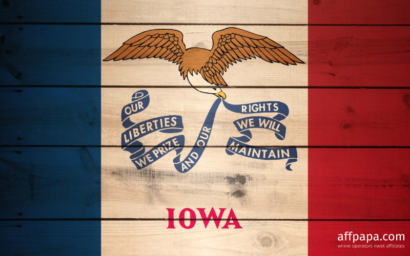Marijuana and sports betting driving US state revenues

For a very long time, US states have relied on “sin taxes” to increase their revenue. Some governments’ revenue compositions have changed as a result of the recent expansion of this idea to include sports betting and marijuana.
At the moment, adult recreational cannabis use is legal in twenty-five states, whereas sports betting is permitted in thirty-eight states plus Washington, DC. Legalized sports betting and recreational marijuana use are important sources of income for states and municipal governments, according to Moody’s Investors Service.
Moody’s predicts that changing consumer preferences will continue to have an impact on how much tax money governments can raise, particularly in relation to alcohol and tobacco. The “sin tax” base is being shaped by the private sector’s expanding product offers in response. Different states and municipal governments have different tax rates, which affects their ability to raise funds and shapes consumer behavior.
If gambling expansion gets approval, gambling companies typically guarantee state authorities increased revenues. Similar tax advantages are possible with marijuana, which is why several states have swiftly legalized marijuana for recreational use in addition to sports betting.
At the beginning of this year, over fifty percent of Americans were residents of a state that had either temporary or permanent fiscal deficits. Some of the worst economic challenges were experienced by states including Pennsylvania, New York, and California. Two of the biggest US online sports betting markets are located in New York and Pennsylvania, while sports betting is illegal in California. These states tax this behavior at some of the highest rates as well.
States tax sportsbooks heavily on their gross gaming revenue, although some states offer deductions for specific expenses, which might have an impact on the profitability of the company. A few governments are working to remove the loophole that lets sportsbook owners write off promotional expenses against their taxes, hoping to boost state income in the process.
In contrast to just 0.7 percent from alcohol and tobacco, states that tax sports betting and marijuana in addition to tobacco and alcohol “generate a minimum of 2.5 percent of own-source revenue,” according to Moody’s. Marijuana and betting are becoming more and more accepted in society.
Casino operators are investing more substantially in mobile gaming due to the rapidly growing popularity of online sports betting. States like Illinois (sports betting) and New Jersey (iGaming) are requesting tax increases on online wagering due to these and other trends. Additionally, Moody’s noted that tobacco levies are remarkably stable and that several states are seeing increases in alcohol tax revenue.
























